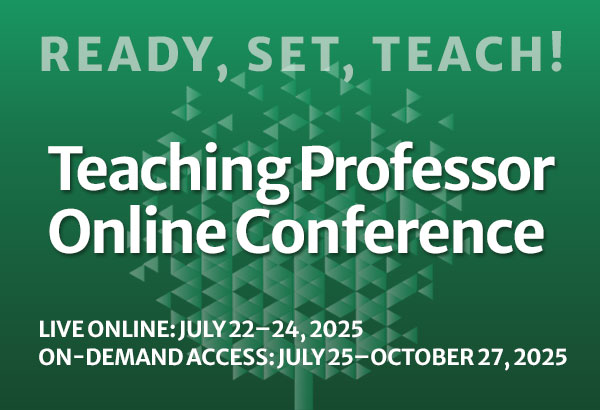
Experiential Learning: Less Talk, More Action
Experiential learning is “the process whereby knowledge is created through transformation of experience” (Kolb, 1984, p. 38). The benefits of experiential learning include increasing student engagement, supporting various learning styles, and fostering the link between theory and practice.
Shifting from traditional educational approaches can








